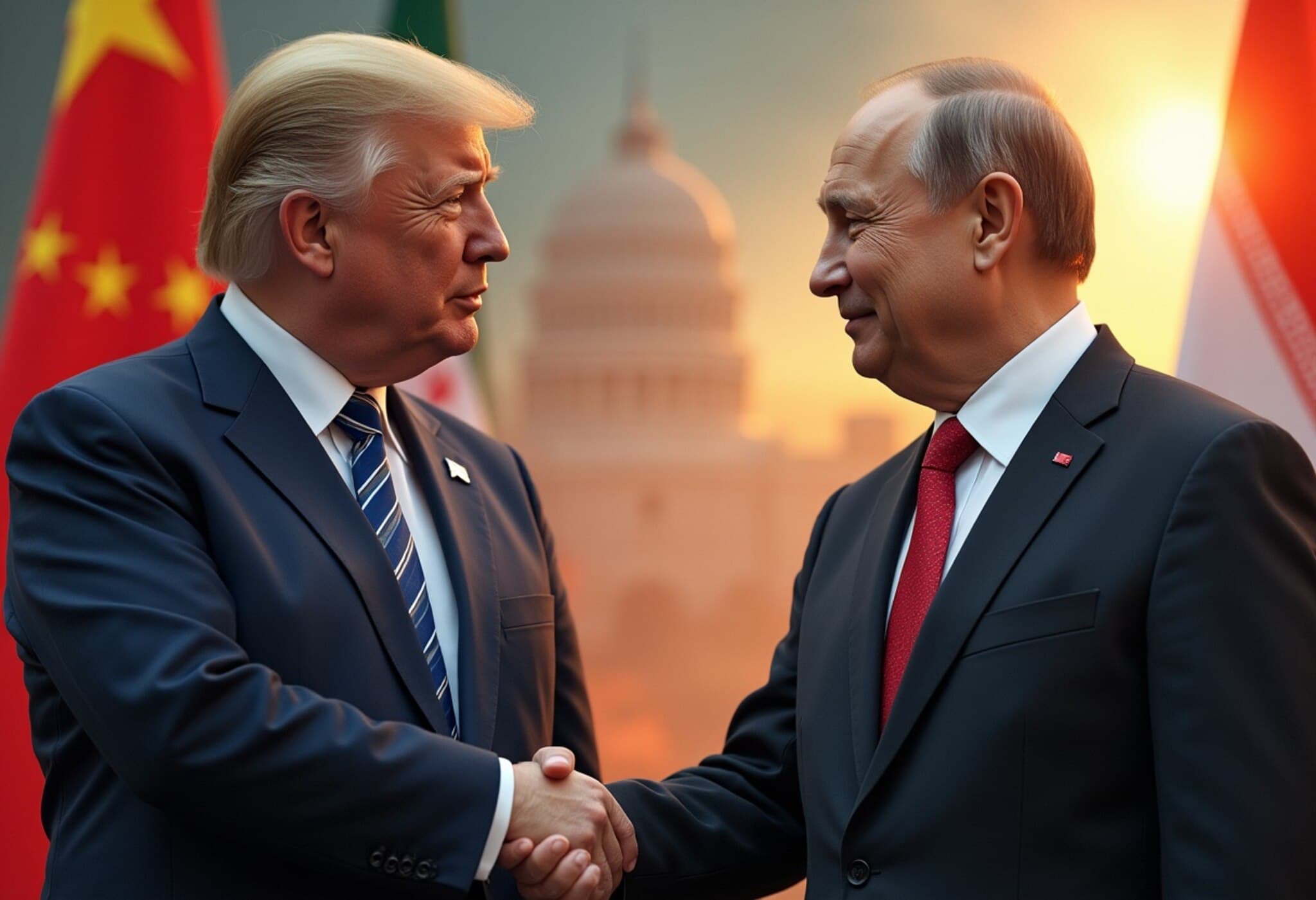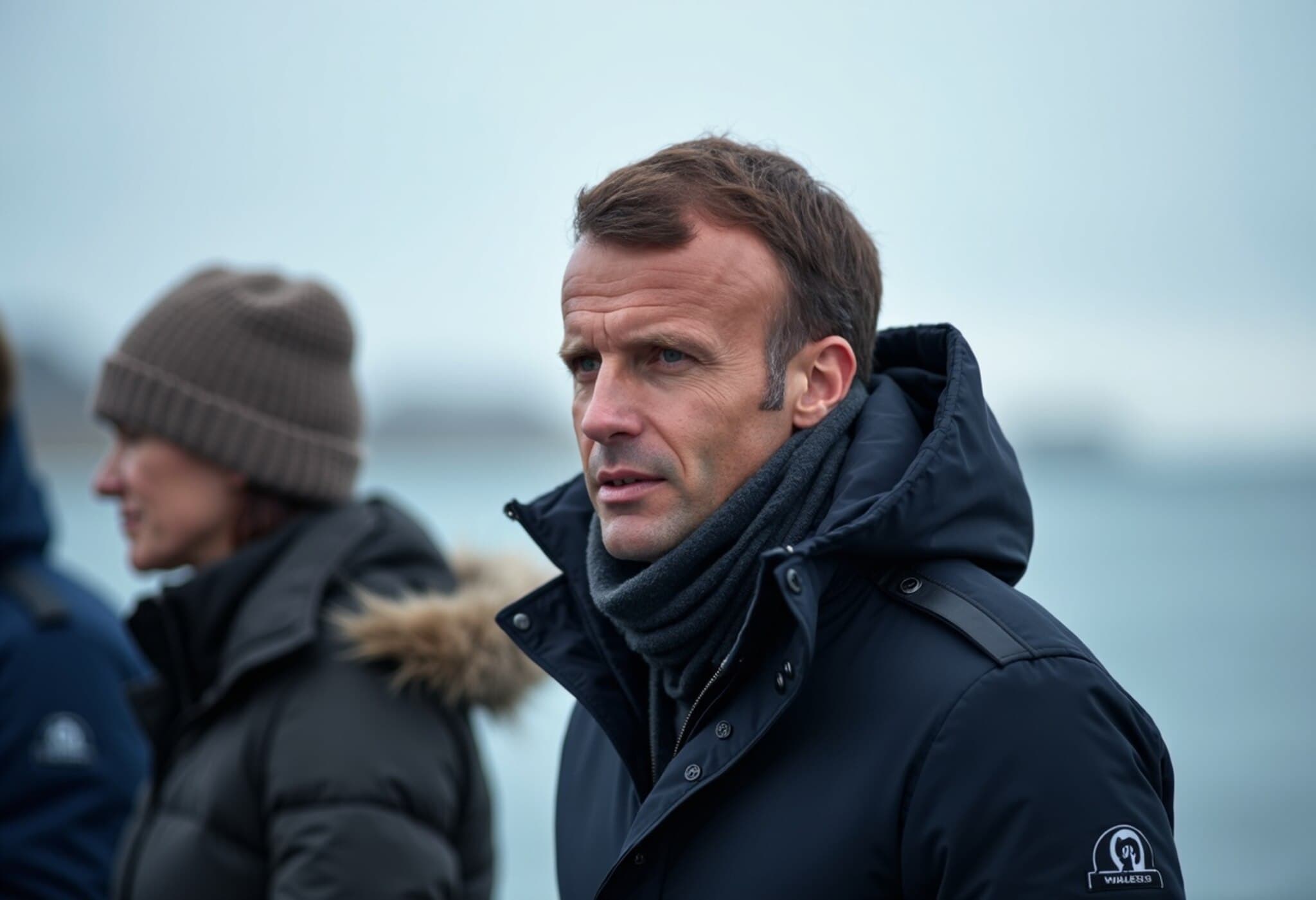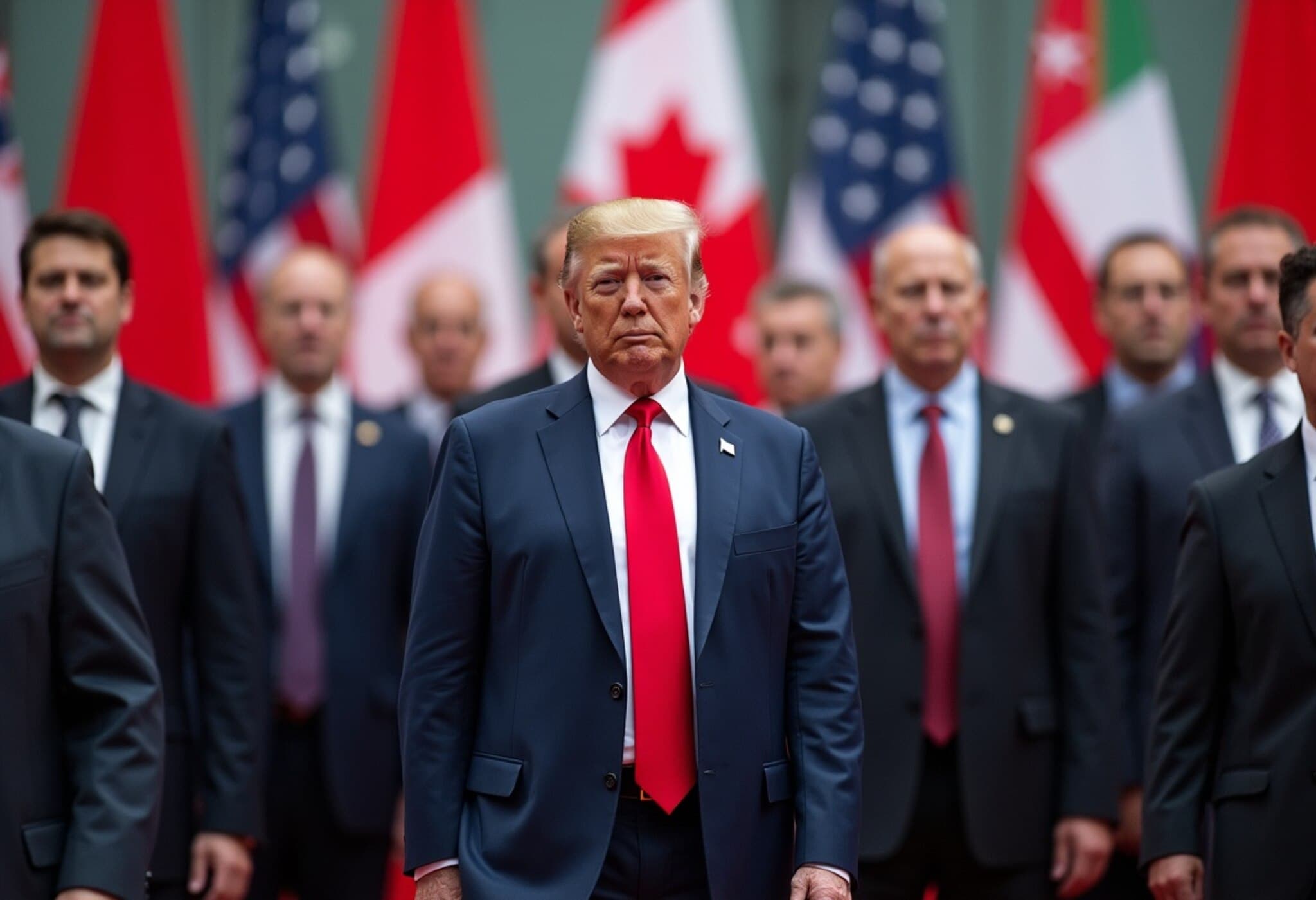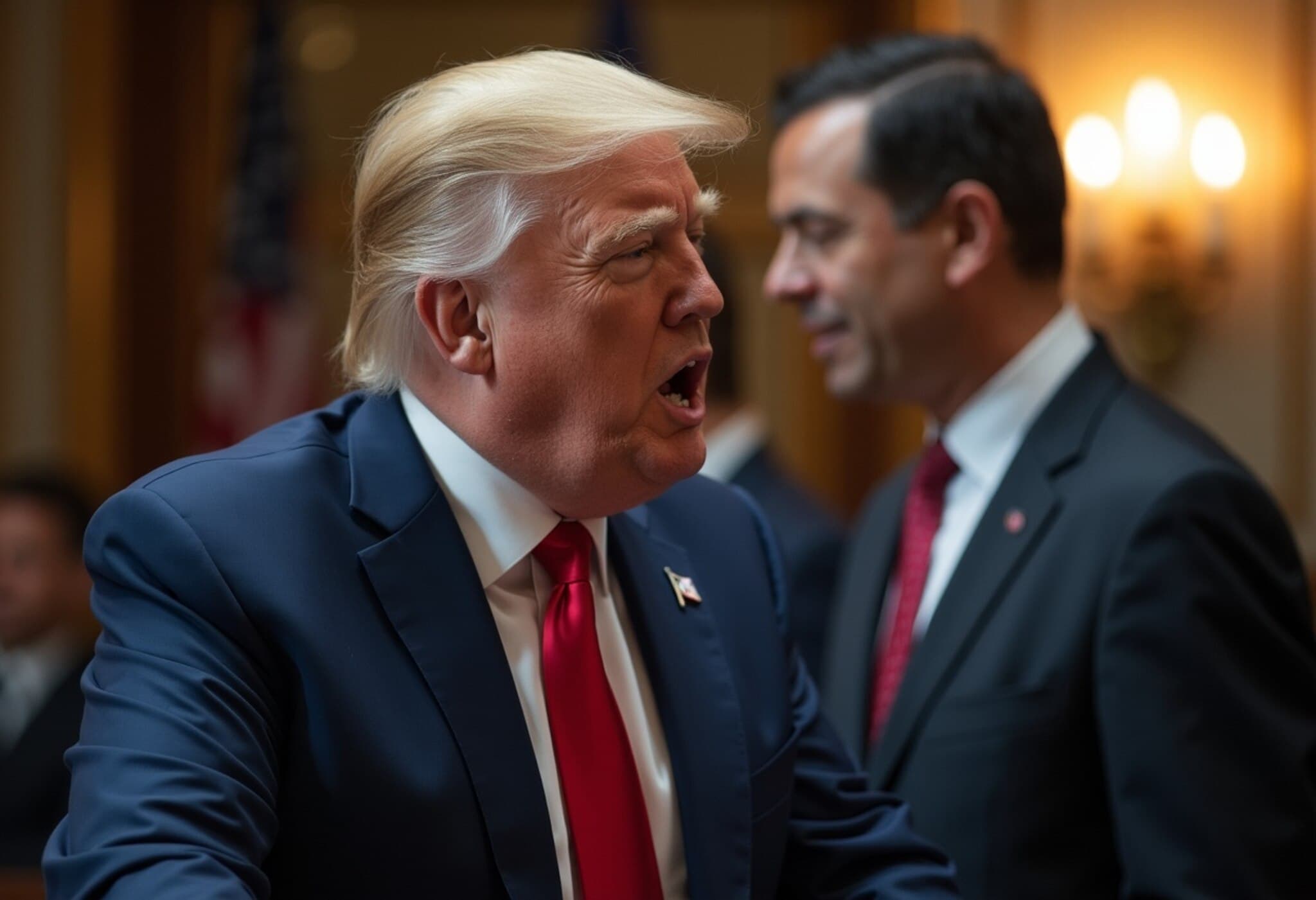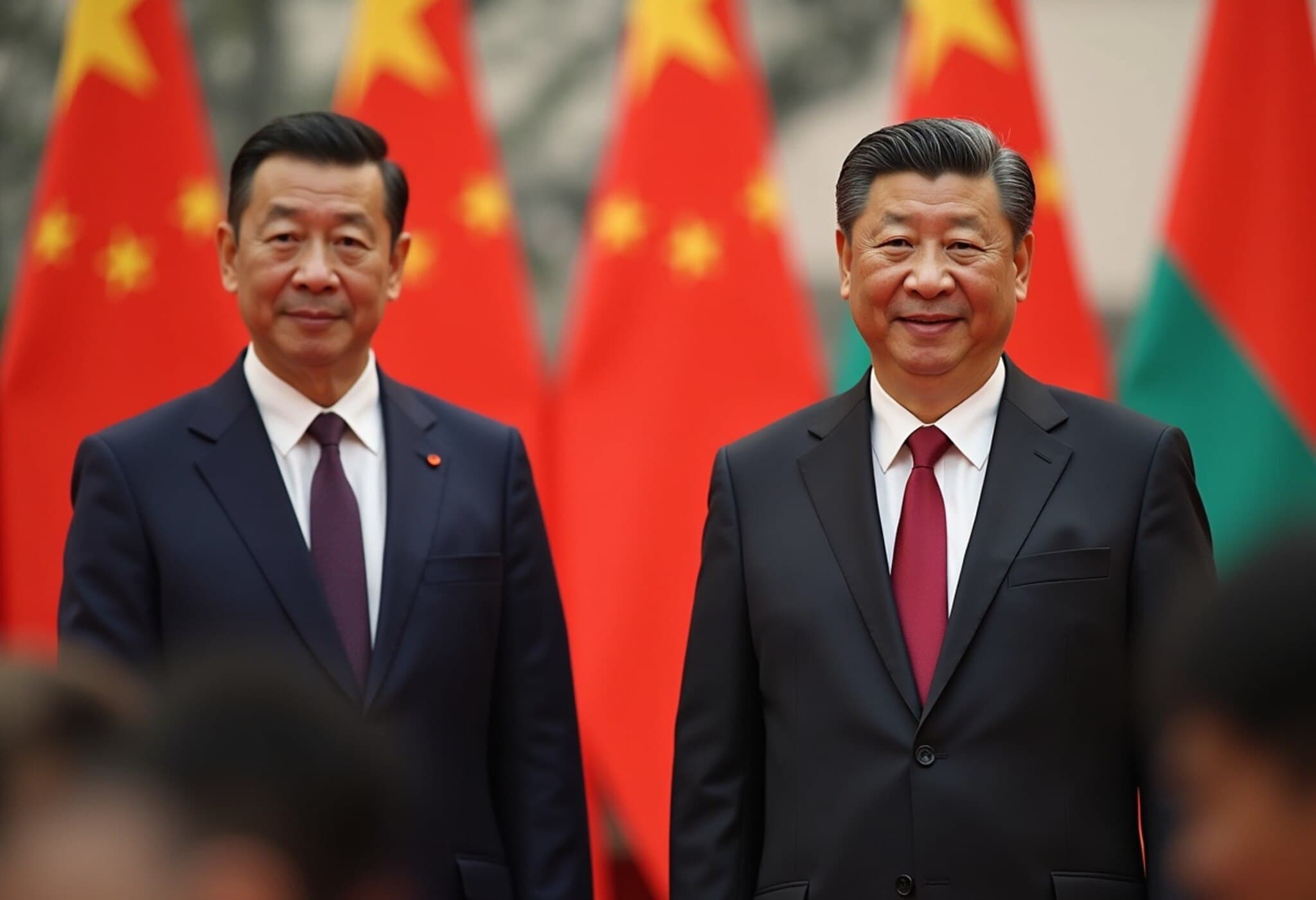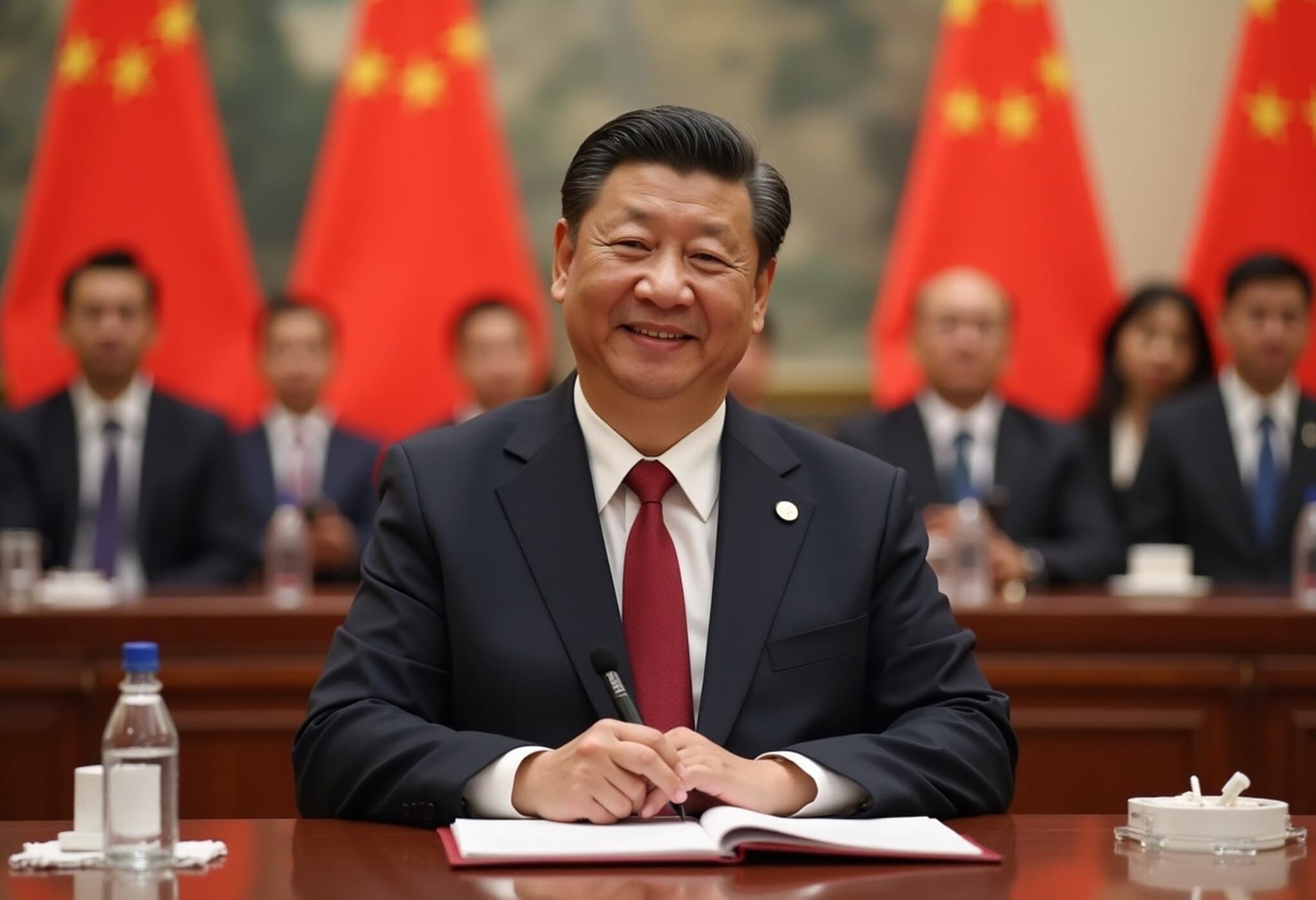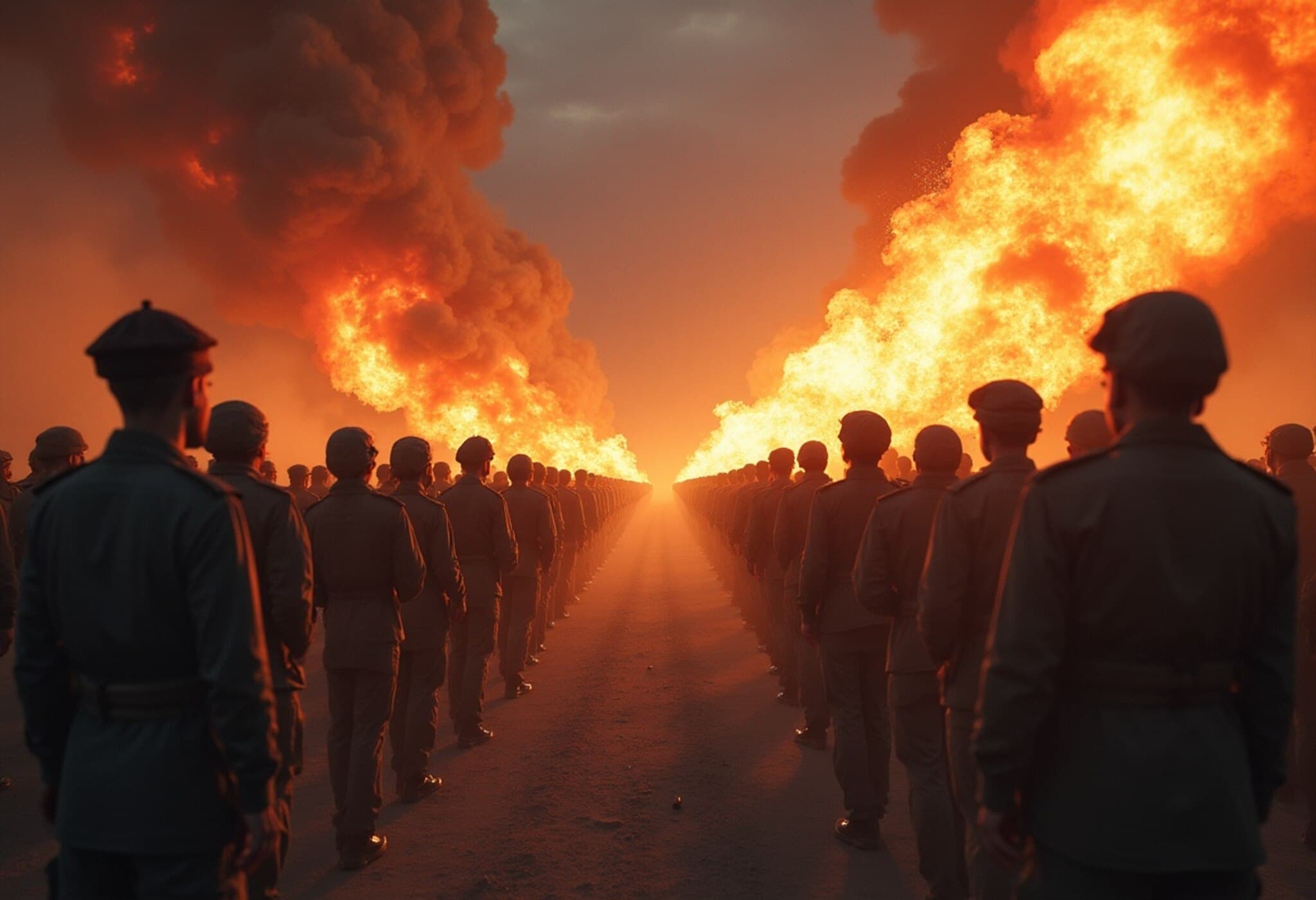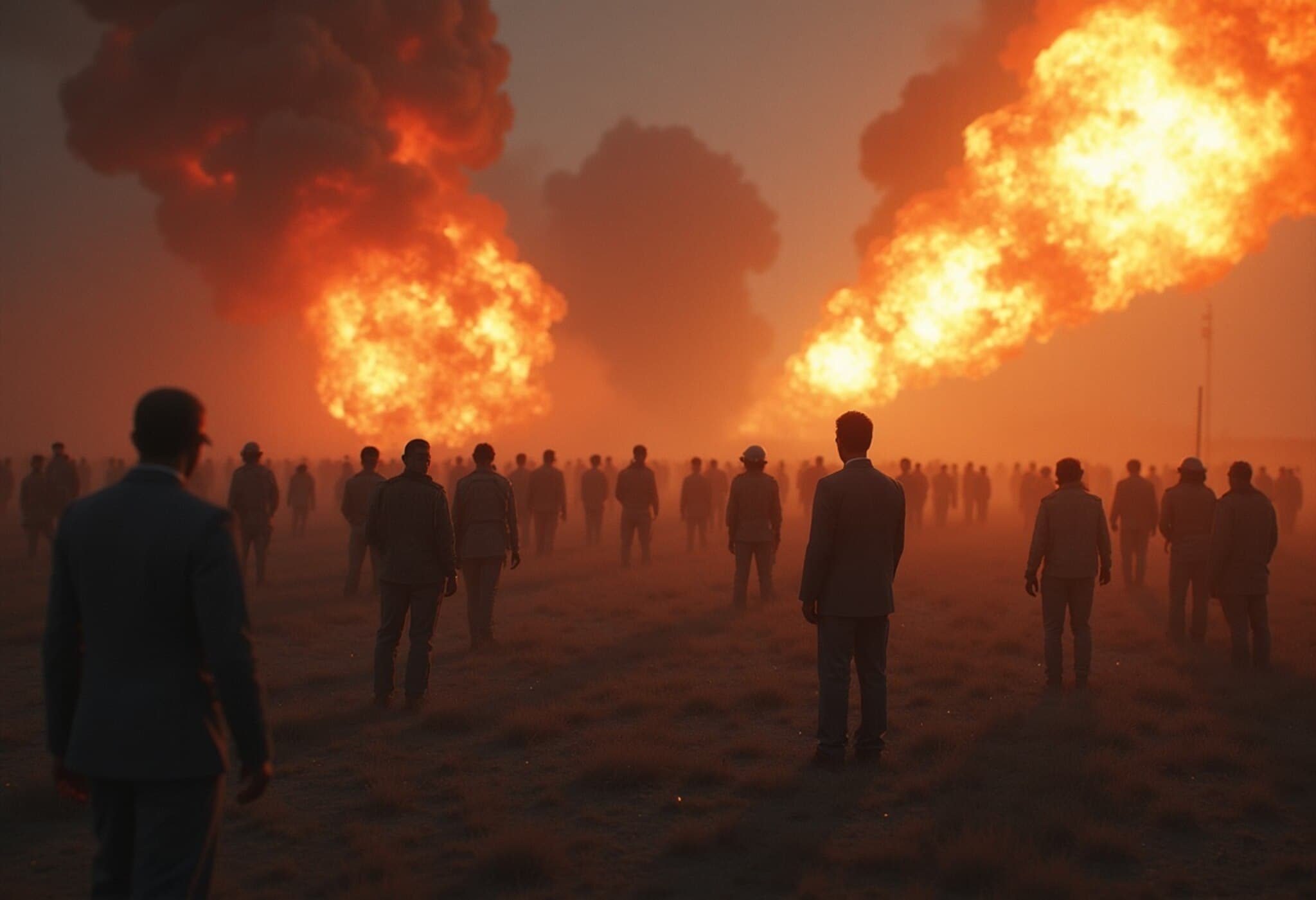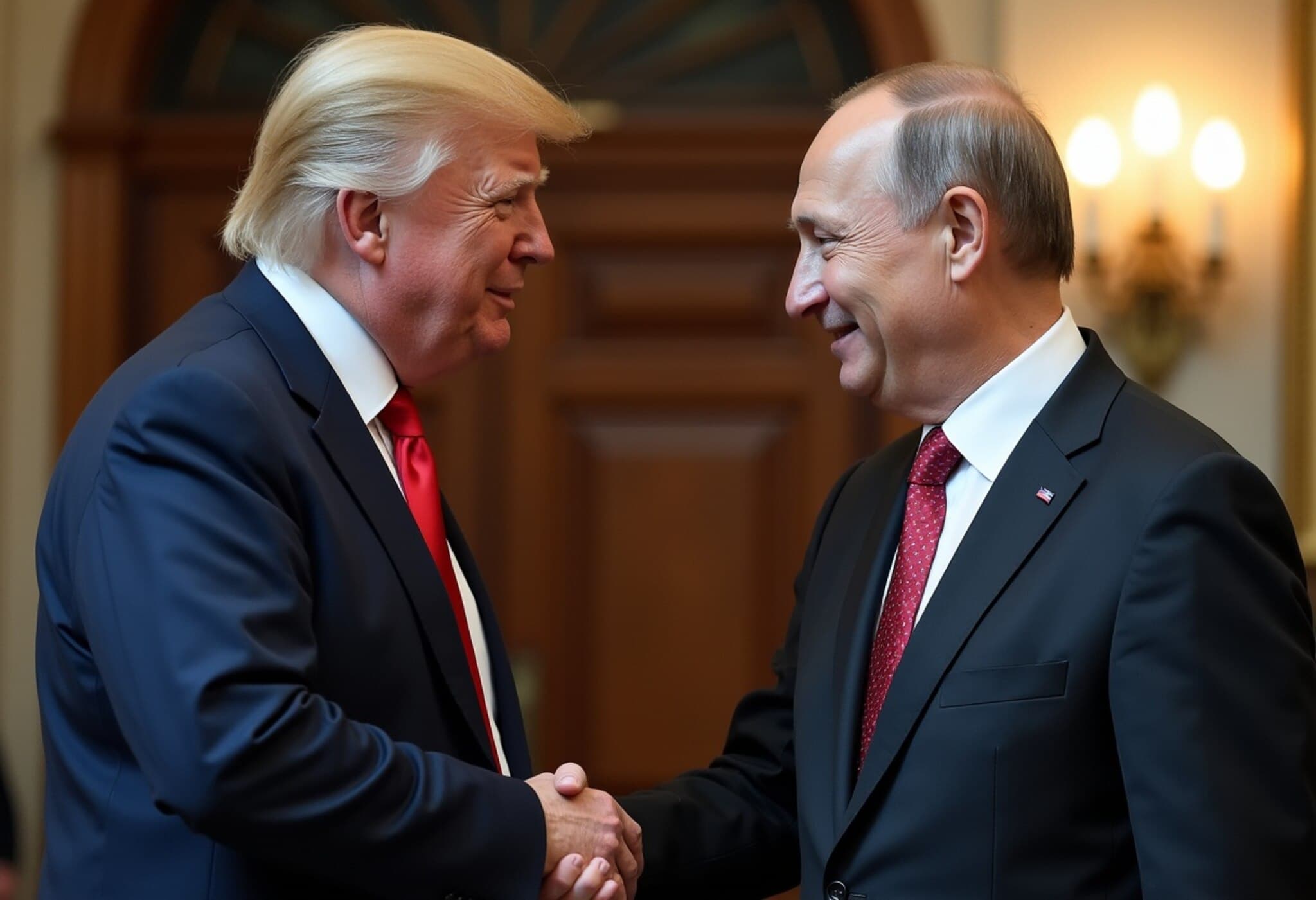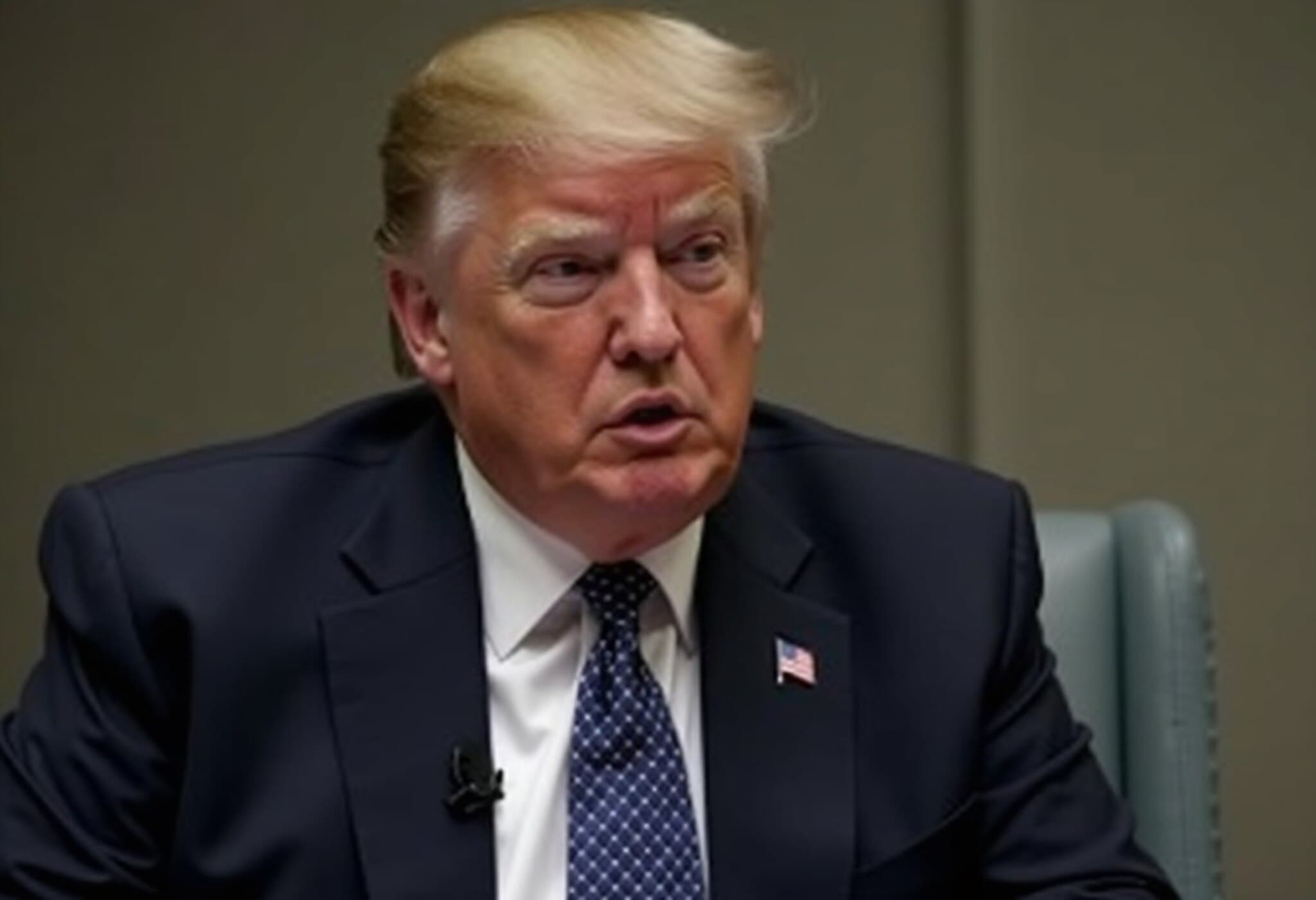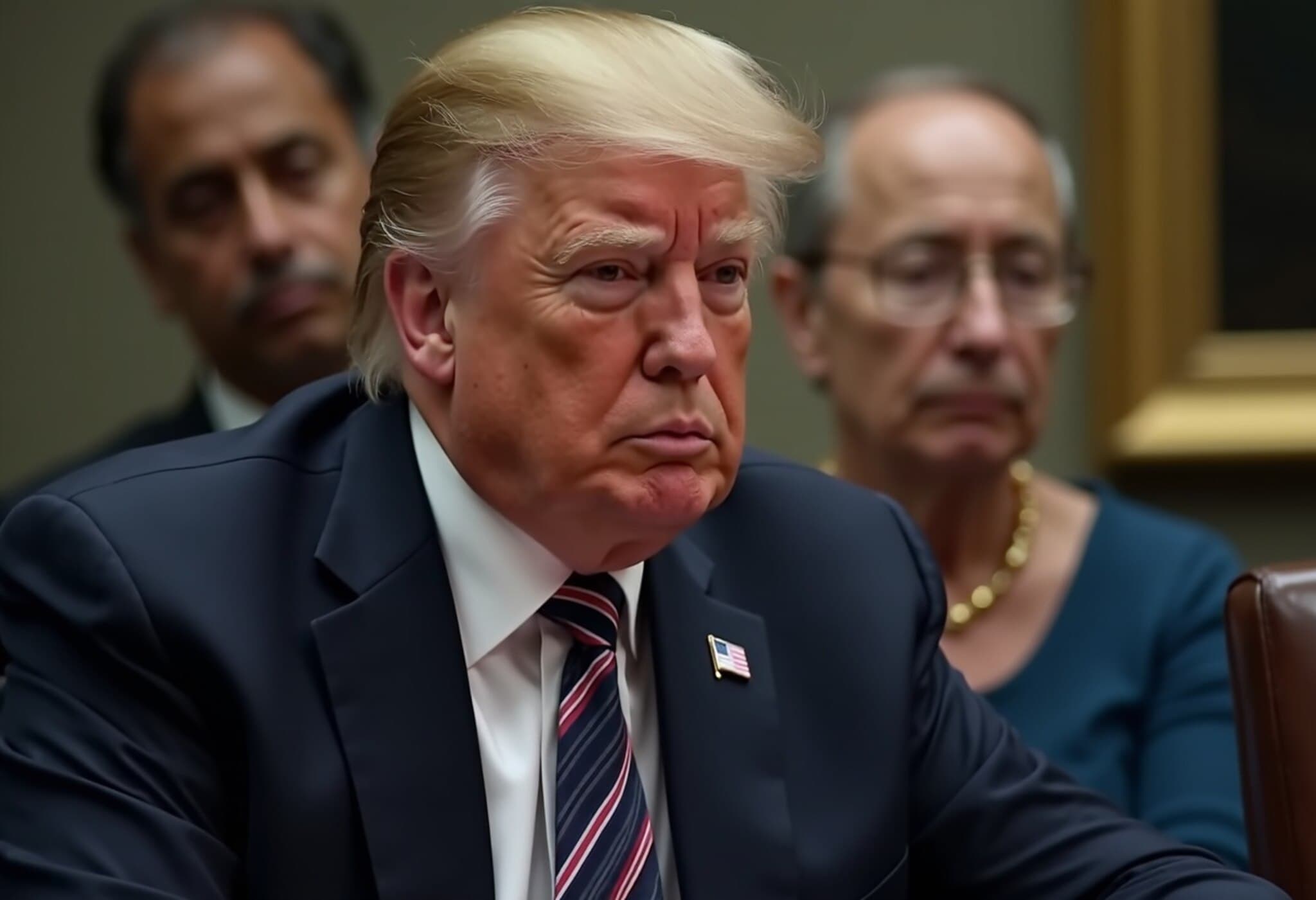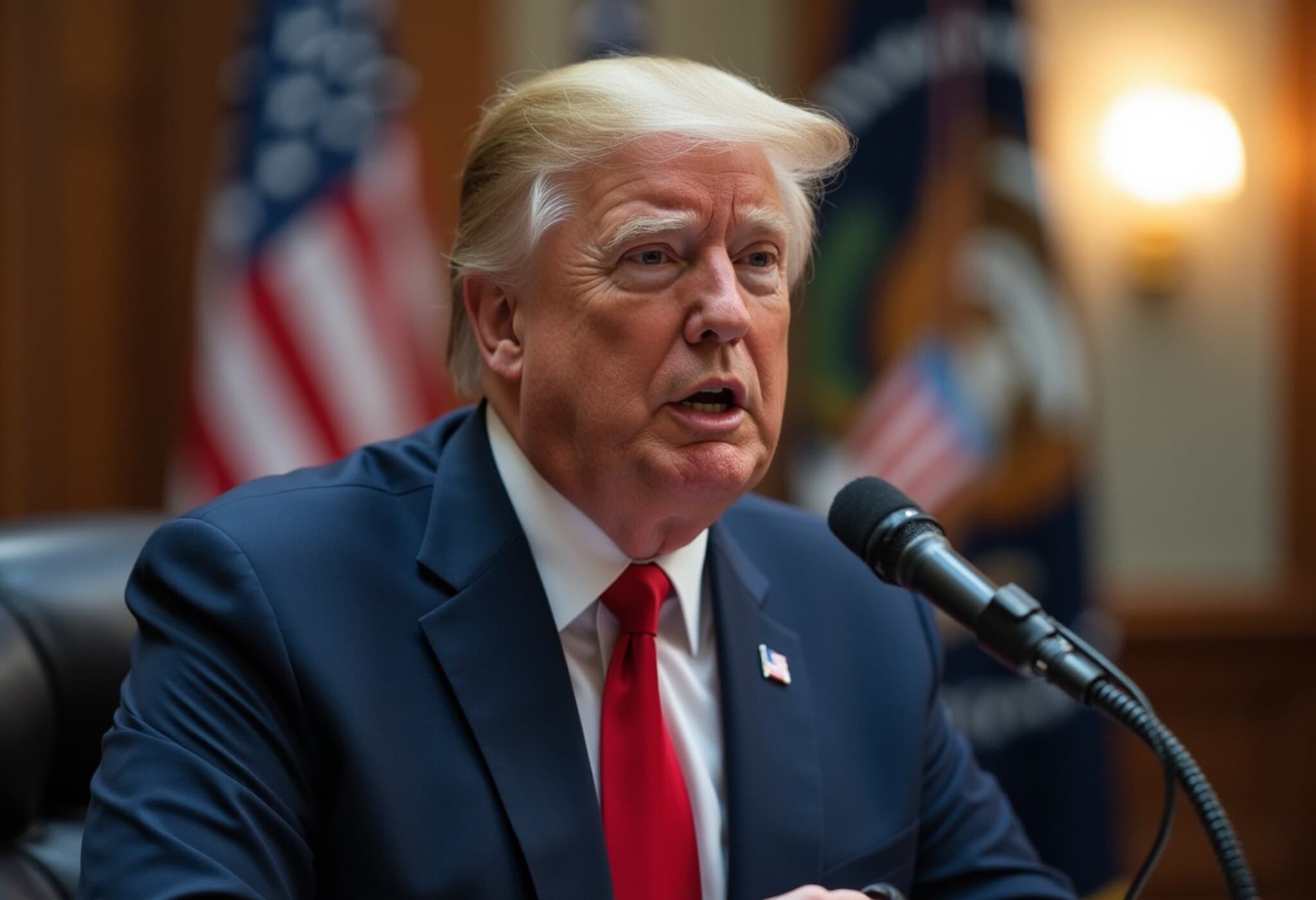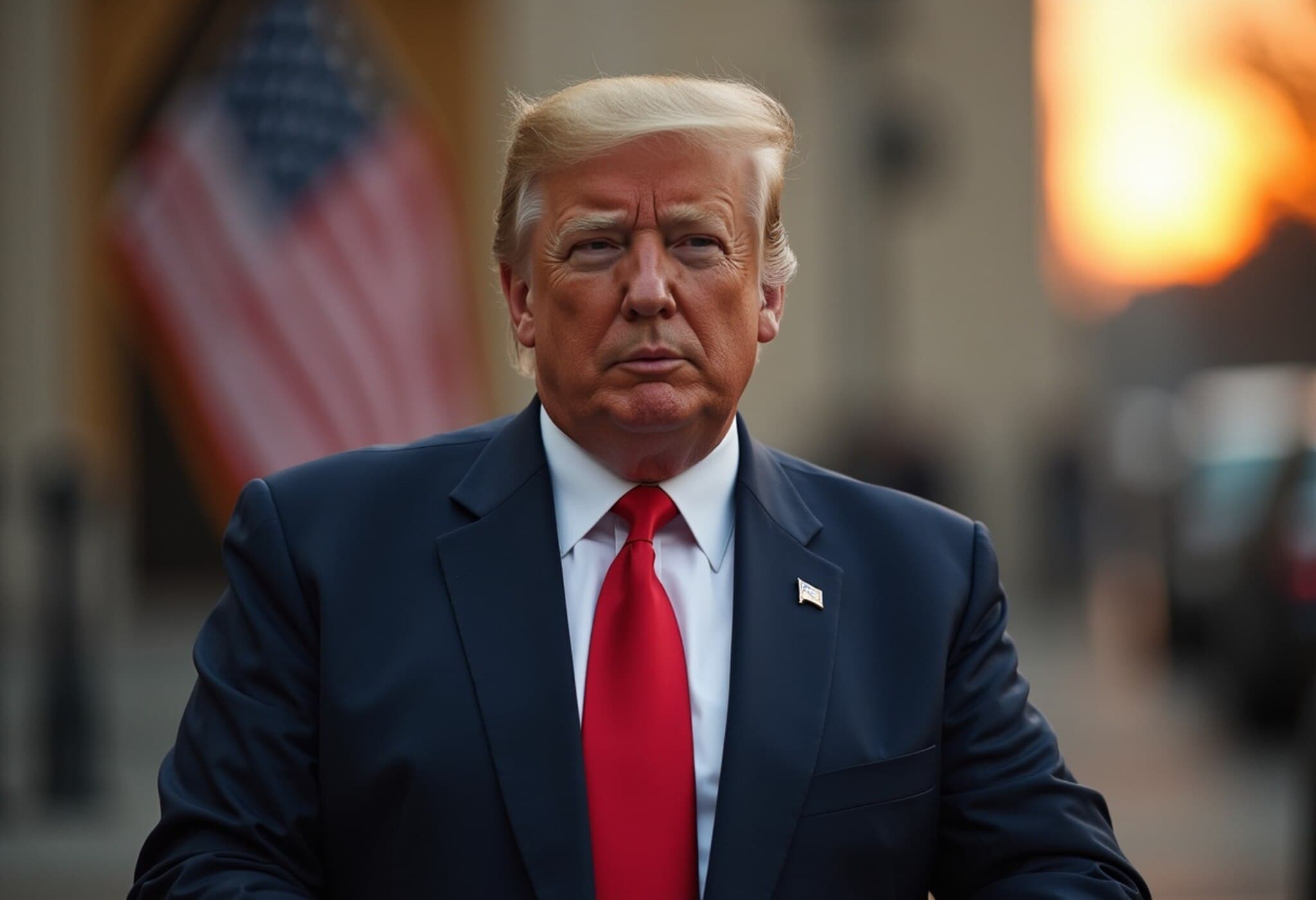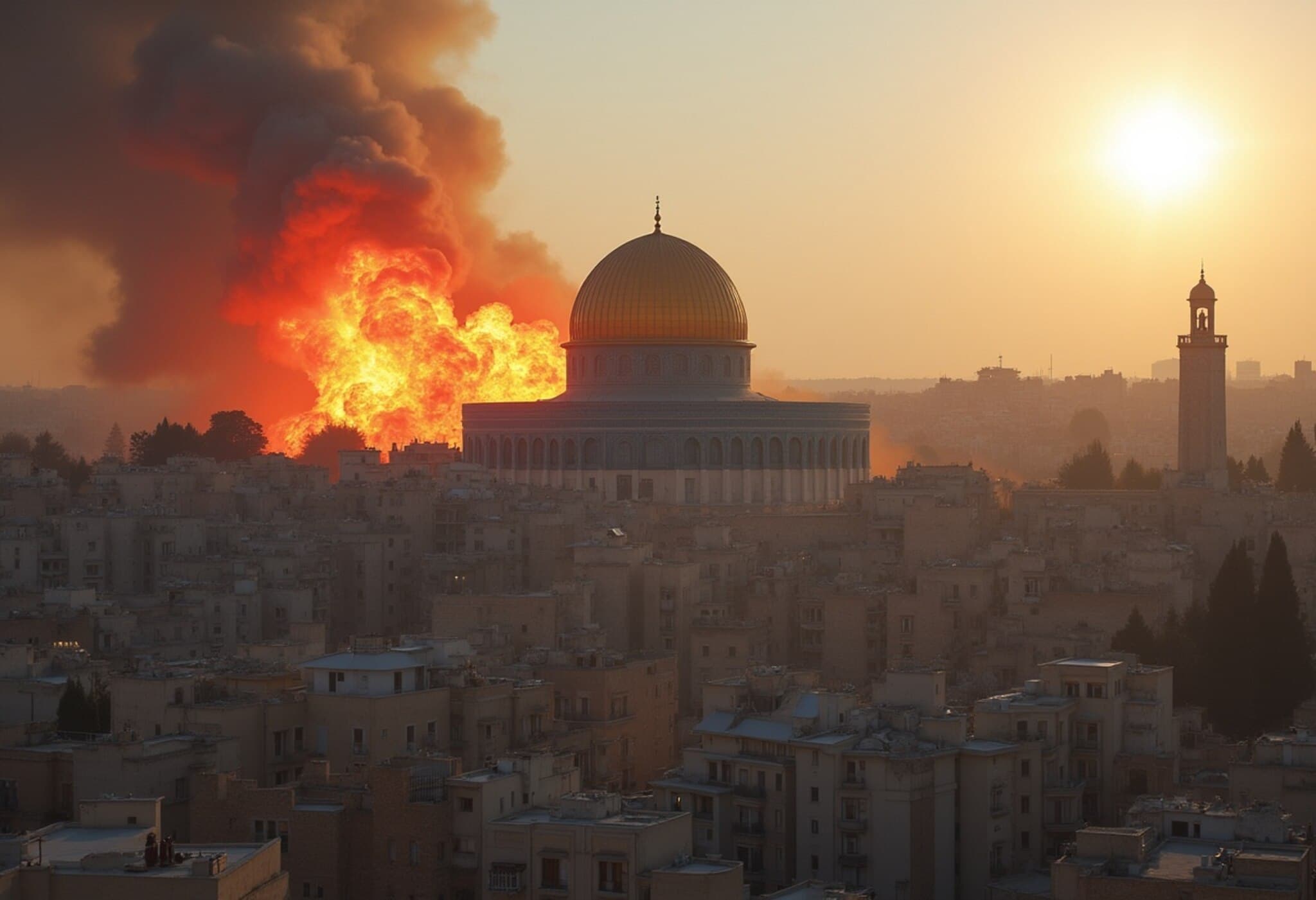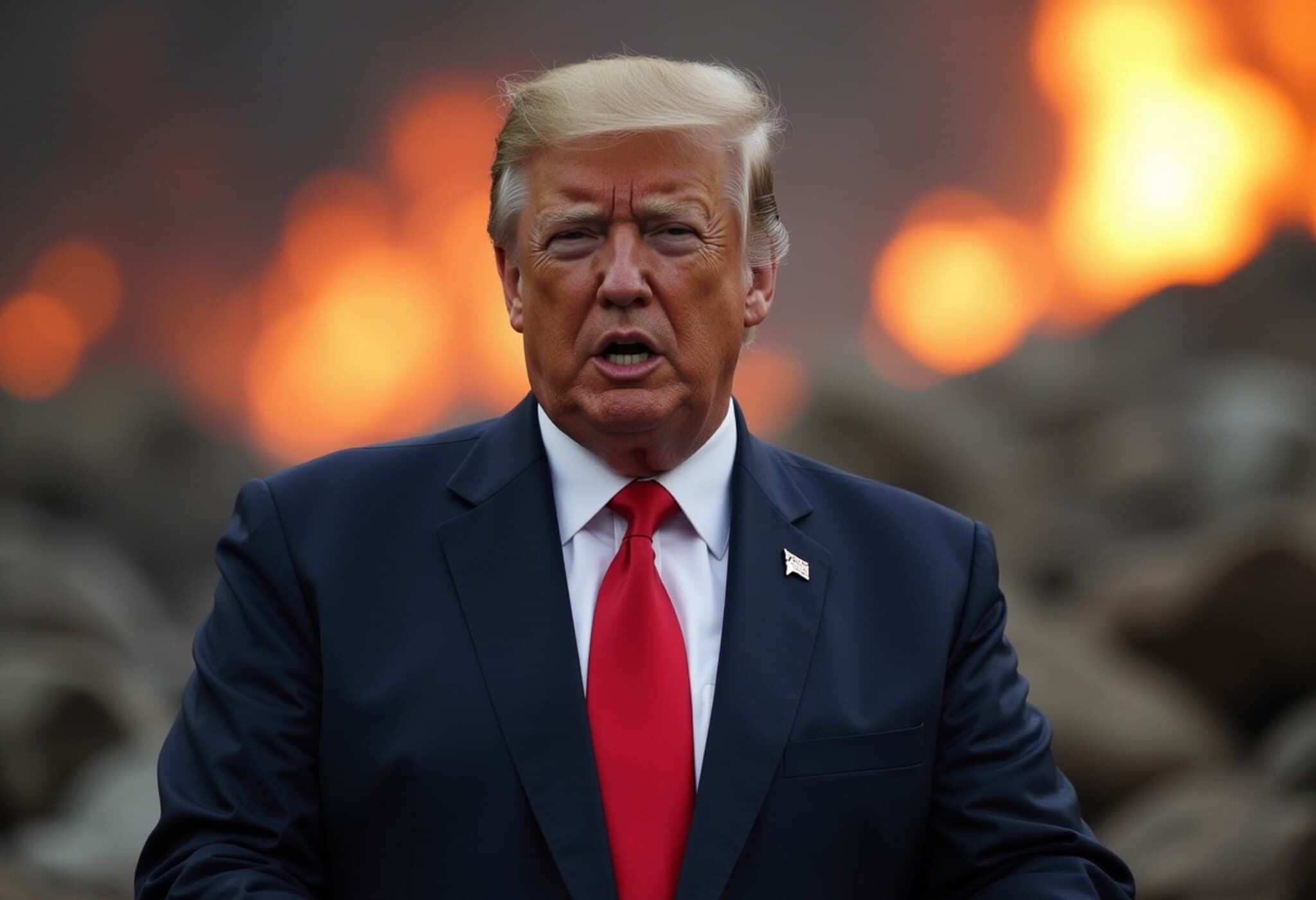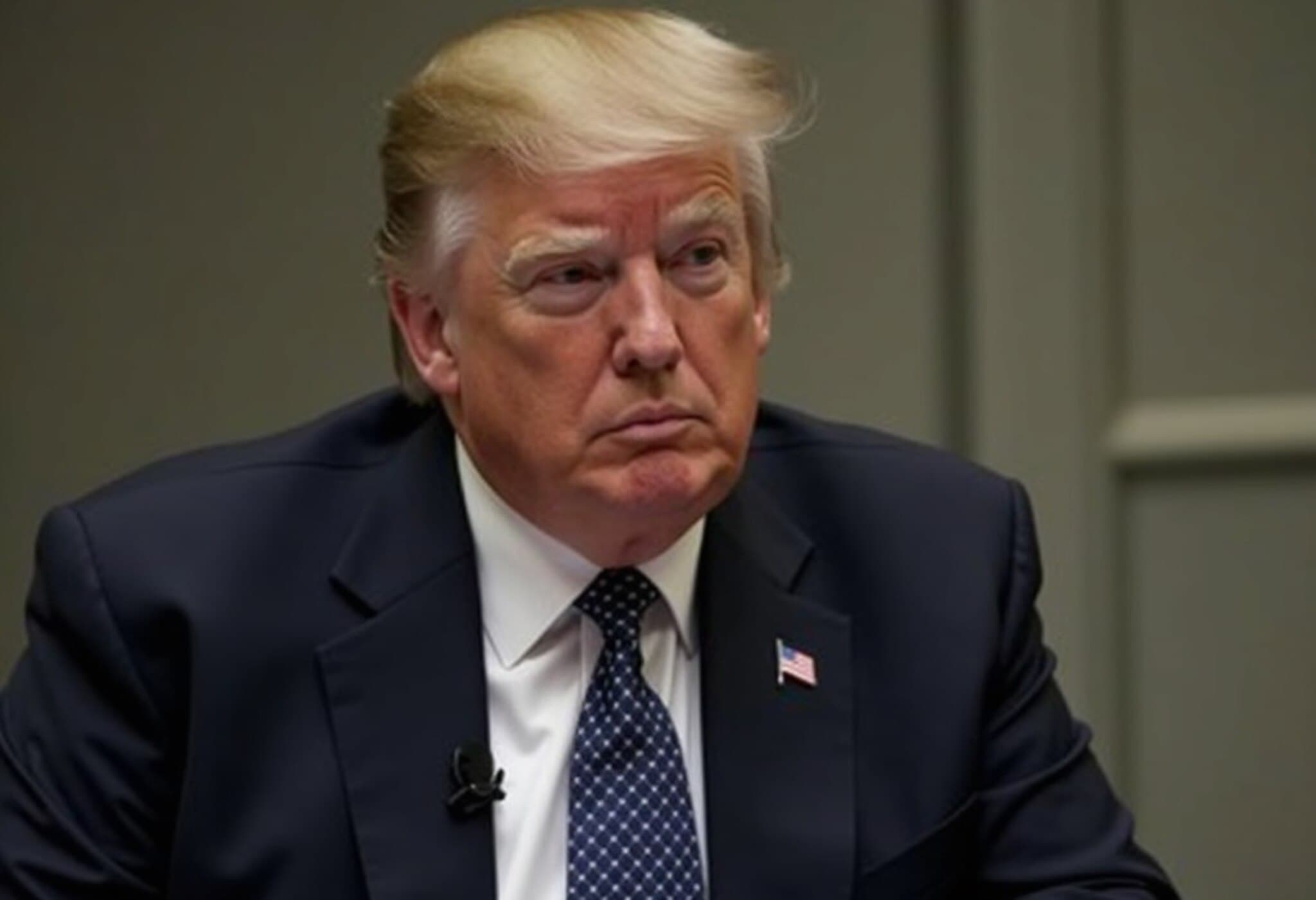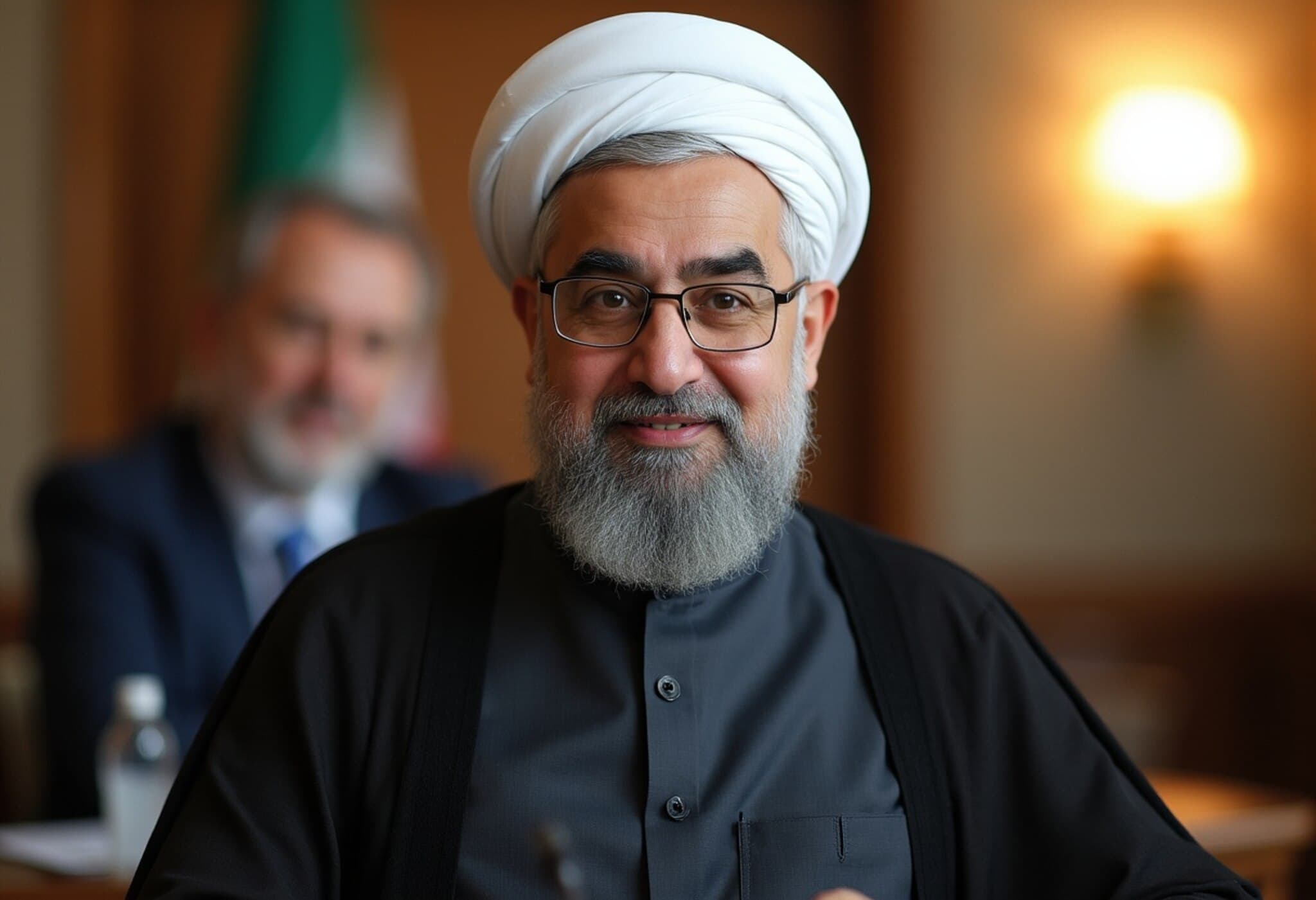Global Divide Deepens Over Israel-Iran Conflict
The ongoing Israel-Iran conflict has sharply drawn lines between major world powers, with US President Donald Trump and UK Prime Minister Sir Keir Starmer backing Israel, while Chinese President Xi Jinping and Russian President Vladimir Putin have thrown their support behind Iran. This division underscores a rising geopolitical rivalry between two formidable global blocs, although the battlefield's ultimate outcome remains uncertain.
Backing Without Direct Military Involvement
Despite their clear political alignments, both China and Russia have stopped short of offering military assistance to Iran. In contrast, the United States signals potential direct involvement to support Israel, and the United Kingdom seems prepared to play a supportive role. This careful stance by China and Russia highlights their strategic approach — leveraging the conflict to challenge US-led global dominance without fully engaging in open warfare.
Xi and Putin's Messaging: Diplomatic Support Amid Conflict
President Xi and President Putin have publicly condemned Israel’s actions against Iran, deeming them violations of the United Nations Charter and international law. In a notable phone conversation, they urged all influential powers to work towards de-escalation rather than fueling further tensions. This diplomatic posture contrasts starkly with Trump’s signals of imminent US involvement.
However, this plea for restraint from Xi and Putin carries a certain irony. Russia is entrenched in its fierce conflict with Ukraine, pursuing total dominance over its neighbor, while China maintains a firm stance on Taiwan, hinting at possible forceful measures to reunify the island. Despite these aggressive policies, both leaders currently refrain from direct military engagement in the Israel-Iran dispute, instead positioning themselves as advocates of peace and alternative global leadership.
Strategic Stakes for China and Russia
The survival and stability of the Iranian regime bear significant weight for both Russia and China. Iran has long served as a critical linchpin in resisting US and Israeli influence in West Asia and has been a strategic ally for Russia in its Ukraine conflict. The potential collapse or severe weakening of Iran’s current leadership threatens to destabilize the Middle East, which could disrupt Chinese economic and energy interests in the region.
For Russia, the current crisis compounds recent setbacks. The fall of Syrian dictator Bashar al-Assad last year stripped Russia of vital military footholds — ports and airbases in Syria — that had bolstered its regional influence. Losing Iran’s support would mark another major blow to Moscow’s strategic presence in West Asia.
The Broader Implications
The Israel-Iran conflict is thus more than a regional dispute; it has escalated into a proxy for a broader geopolitical contest. While Trump and Starmer’s support for Israel signals alignment with established Western interests, Xi and Putin’s backing of Iran represents a challenge to that order, positioning themselves as viable alternatives on the world stage. The delicate balance of power, military posturing, and diplomatic rhetoric will determine whether this standoff spirals into full-scale confrontation or leads to a recalibrated global order.

